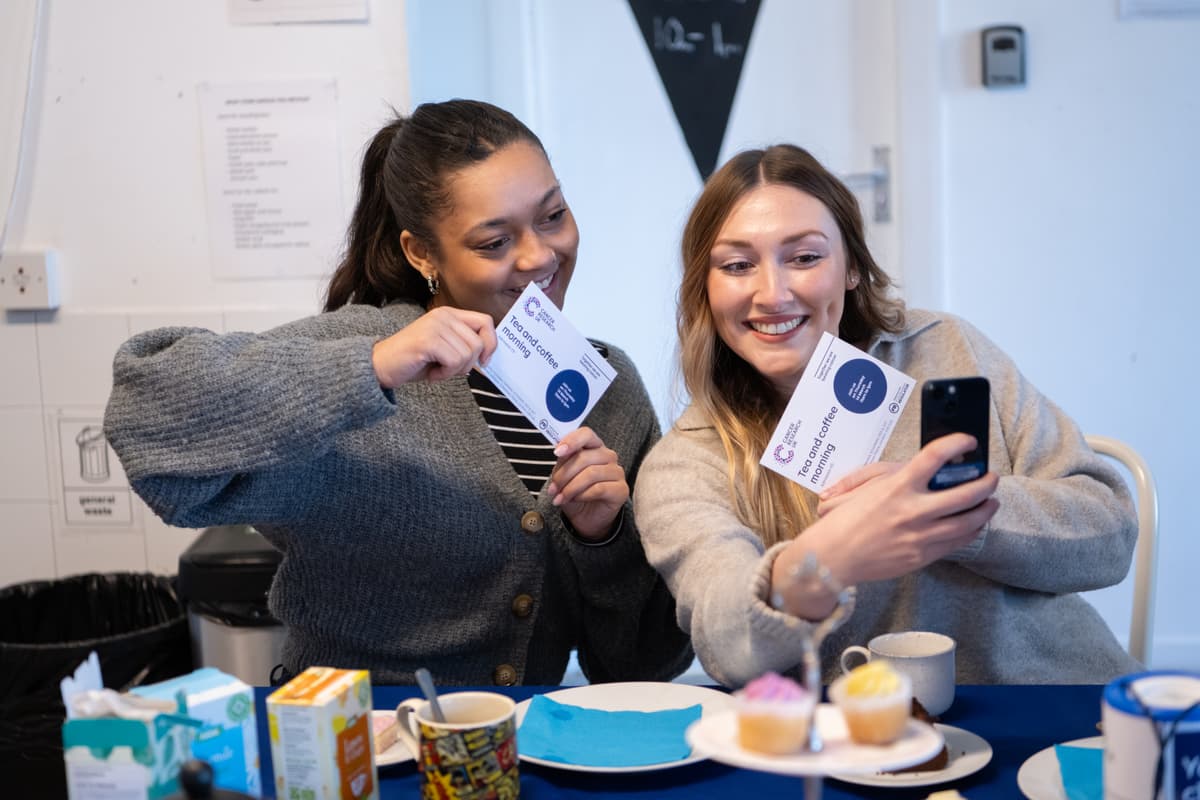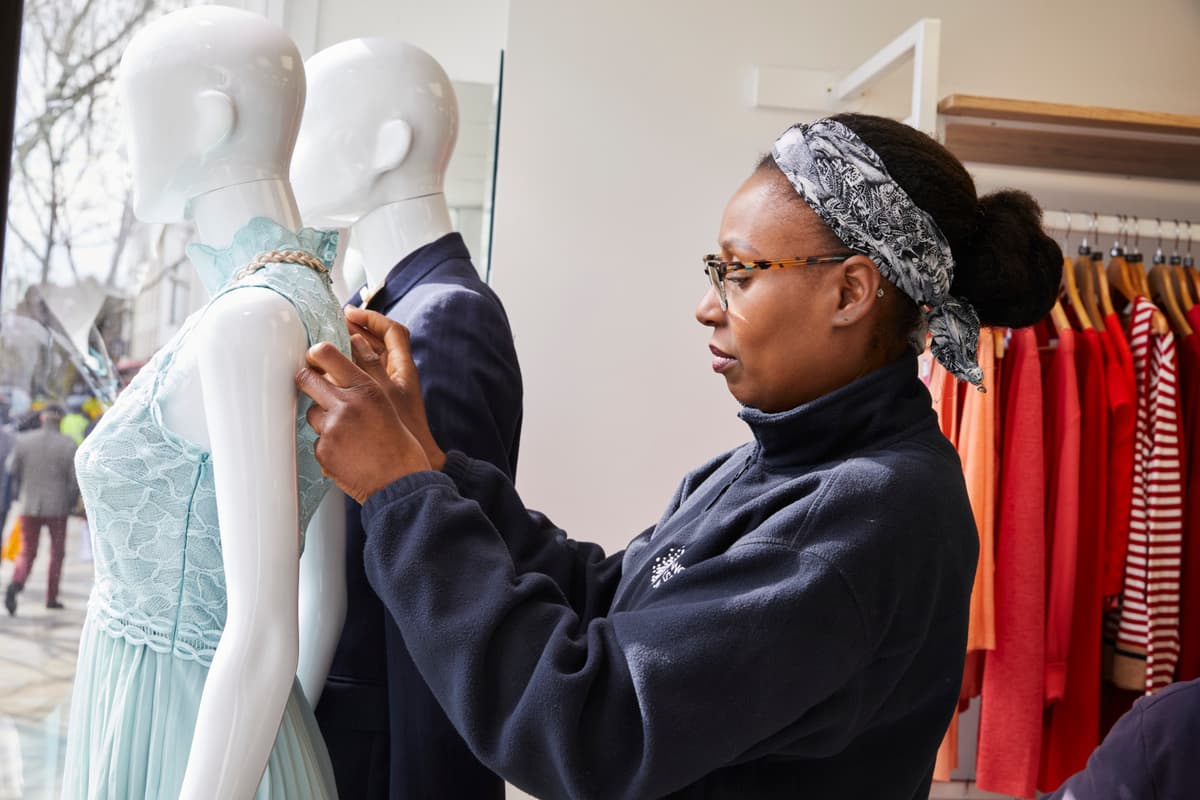If internal channels of communication are available to you, please submit a confidential report using the appropriate form found on our internal channels on the Cancer Research UK intranet. The Safeguarding Team will then respond to all reports within 2 working days.
If you are a member of the public or internal channels of communication are not available to you, please contact supporter.services@cancer.org.uk.
If you would like to get in touch with an independent body, please contact Protects confidential helpline on 0800 069 8398 or visit EthicPoint's website.
Everyone at Cancer Research UK must take reasonable steps to prevent and respond to harm (e.g. neglect, abuse, harassment or bullying) to individuals who come into contact with our organisation.
Our Safeguarding Policy outlines how we fulfil our safeguarding responsibility to protect children, young people and adults at risk of abuse or harm when they come into contact with Cancer Research UK, setting out the steps that Cancer Research UK has taken to minimise the risk of a safeguarding incident or concern occurring in the first place.
We review our Safeguarding Policy and associated procedures regularly to ensure that we are maintaining appropriate safeguarding standards. They apply to all our employees, agency staff, consultants and contractors (collectively our people). It also applies to our volunteers (including our Trustees), other group companies including Cancer Research Horizons and applies in all jurisdictions in which we operate.
Our Policy and requirements are underpinned by mandatory training for all employees, including a dedicated safeguarding module to be completed on induction and at regular intervals.
Demonstrating ambition and determination to develop the safeguarding culture across the organisation. Doing this by creating effective and appropriate processes that are consistent across all areas of CRUK and relevant spaces to encourage learning and development.
Having a positive impact on people by being clear and confident in our safeguarding responsibilities. This involves aiming to always acting in the best interests of everyone who comes into contact with Cancer Research UK.
Committed to gathering evidence on safeguarding that allows us to transform data into insights. We maintain credibility in our external communications by sharing our safeguarding processes with relevant audiences.
Striving for inclusivity in our provisions, whilst ensuring we are managing risks in a way that supports wellbeing and safety in our work. Continuously collaborating with all areas of the organisation to understand their activities and support them to operate safely and effectively.
We have a Safeguarding Team who respond to concerns across the organisation in line with our policies and procedures to keep our people and those we come into contact with CRUK safe day to day.
The team provides guidance and refers cases to external organisations when necessary. The Safeguarding Team also works proactively to embed safeguarding in projects, promote a positive safeguarding culture, and continuously explore ways to enhance how Cancer Research UK can engage with the public safely.
Our practice is supported by a designated Safeguarding Trustee, who works closely with the Safeguarding Team to oversee and uphold our safeguarding policies and practices.
In order to keep individuals safe, Cancer Research UK sometimes shares information with external agencies. In an emergency, when someone needs help, we do this by calling 999, however sometimes we need to share information to keep people safe but we do not need to call emergency services. In this case, information sharing is in line with the Safeguarding Team’s' processes so that we can ensure we are sharing information which is legally compliant, necessary and proportionate.
Join Cancer Research UK’s support forum where members can talk to others affected by cancer.

Ask a question to a nurse by filling in the form or calling 0808 800 4040.

Contact our Supporter Services.
The Samaritans who can provide support if you are going through a difficult time.
Mind provide phone and online support services to talk about mental health and how to get help.
Get advice from 111 in regards to seeking help for your mental health.
If you live in the UK you are concerned about an adult or child, contact your local authority.
If you live in Scotland and you are concerned about an adult or child, contact your local authority.
Citizens Advice are able to provide free general advice and information on various topics, such as benefits, work, debt, housing and more.
Find information on how to contact the police for a non-emergency enquiry. In an emergency always contact the applicable emergency service on 999.

Ensure your event is safe and legal. The information on this page is specifically intended to provide general guidance only.

We want to create a diverse charity where everyone feels like they belong and benefits from the work we do.

Welcome to a dedicated area for our volunteers. Keep up to date with the latest volunteering information.